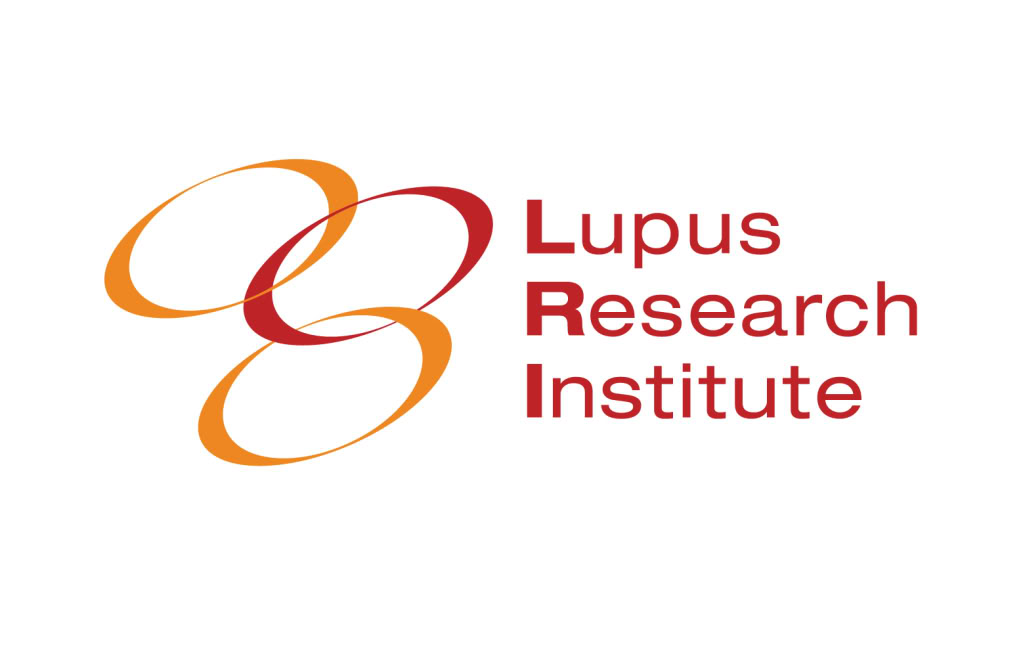Lupus Research Institute Announces Winners of Novel Research Grants
Written by |

 A private supporter of novel lupus research, the Lupus Research Institute (LRI) is celebrating its 15th anniversary with the announcement of a series of grants awarded in recognition of new talent, diversity and excellency. Twelve Novel Research Grants were awarded within the categories of “Strategies for Better, Safer Treatments,” “Innovative Technologies to Advance New Therapies and Understanding of Lupus” and “Redirecting the Signals that Control the Immune System in Lupus.”
A private supporter of novel lupus research, the Lupus Research Institute (LRI) is celebrating its 15th anniversary with the announcement of a series of grants awarded in recognition of new talent, diversity and excellency. Twelve Novel Research Grants were awarded within the categories of “Strategies for Better, Safer Treatments,” “Innovative Technologies to Advance New Therapies and Understanding of Lupus” and “Redirecting the Signals that Control the Immune System in Lupus.”
“Distinguished by an extraordinary openness to the unexpected, the LRI nurtures risk-taking to pursue true innovation,” stated the president and CEO of LRI, Margaret Dowd, in a press release that announced the winners of the grants. “This cornerstone strategy has demonstrated solid success — achieving some of the most pivotal discoveries in lupus of the last decade. Novel research is the proven path to breakthroughs that transform patients’ lives with better treatments while moving closer to a cure.”
Within strategies to improve efficacy and safety of Lupus treatments, five studies were awarded for their innovative approaches to manage the disease. Erika Boesen, from the University of Nebraska received a grant to conduct research on the iron accumulated in the kidneys and its influence in damaging the organ, as well as the use of drugs designed to reduce iron levels as a possibility to treat lupus.
Funding for a research project on the levels of salts in the skin of lupus patients and the effects of reducing salt consumption in inflammation was granted Michael Stein from Vanderbilt University. Martin Kriegel from Yale University was also awarded for research on the adjustment of microbiome bacteria in the gut by altering the diet or administering antibiotics to reduce the risk of suffering blood clotting complications.
Edith Janssen, an investigator at Cincinnati Children’s Hospital, received a grant to support her research on a molecule with abnormally high prevalence in lupus patients that is responsible for regulating the immune system. The last research project funded was Robert Anthony from the Massachusetts General Hospital, who will use the grant to study the use of antibodies usually responsible for inflammation in lupus, which he believes may be turned into anti-inflammatory treatments.
In the field of novel technologies, the grants were given to projects thought to accelerate new therapies as well as knowledge of the disease. LRI believes that through the use of emerging technologies in lupus research, scientists may advance the research process. Marko Radic from the University of Tennessee was given a grant to support research into the use of a highly effective technology designed to kill cancerous B cells in leukemia patients that in lupus patients could be used to target B cells that attack the cells and tissues.
Mark Walter from the University of Alabama was also awarded a grant to conduct a study of the 17 known interferon proteins that cause lupus symptoms and severity using a novel and highly sensitive technology. Research into the genes that interact and cause lupus through cutting-edge technology and gene mapping by Iouri Chepelev, also from the Cincinnati Children’s Hospital, was also funded.
In addition, three other LRI grants were awarded to researchers working on newly discovered signals that control the immune system in lupus patients. Kate Fitzgerald at the University of Massachusetts is conducting studies focused on a specific molecule and its ability to protect lupus from inflammatory signals. The investigator expects to develop new anti-inflammatory therapies from the research.
In addition, Hideki Ueno from the Baylor Research Institute was awarded for research into the blockage of a specific protein that promotes the signaling between immune cells and is expected to remove harmful helper T cells that attack the immune system. Research into the disturbances that affect the body’s biological clock and may contribute to lupus immune system’s attack on the kidneys by Anne Davidson from the Feinstein Institute for Medical Research was the last LRI award.
The LRI has also recently joined efforts with the two other lupus organizations, the Alliance for Lupus Research (ALR) and the Lupus Foundation of America (LFA), to support the advancement of lupus research by granting the Lupus Insight Prize, a recognition of major, novel insights and/or discoveries with the potential to alter the thinking on lupus and high probability of creating further progress in the diagnosis and treatment of the condition.




